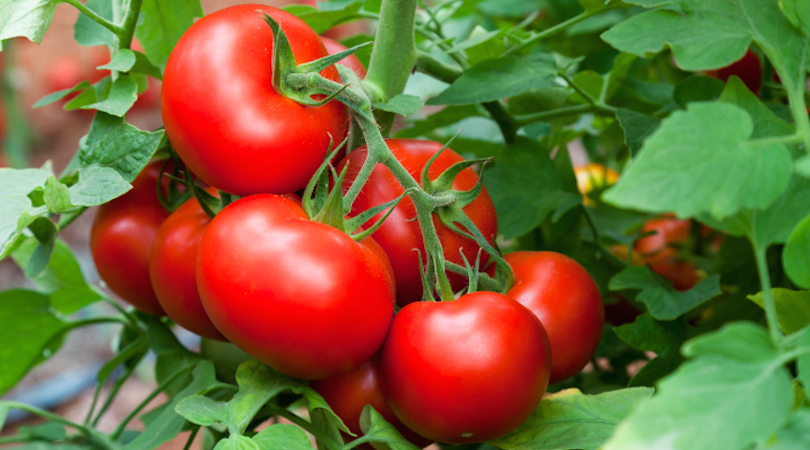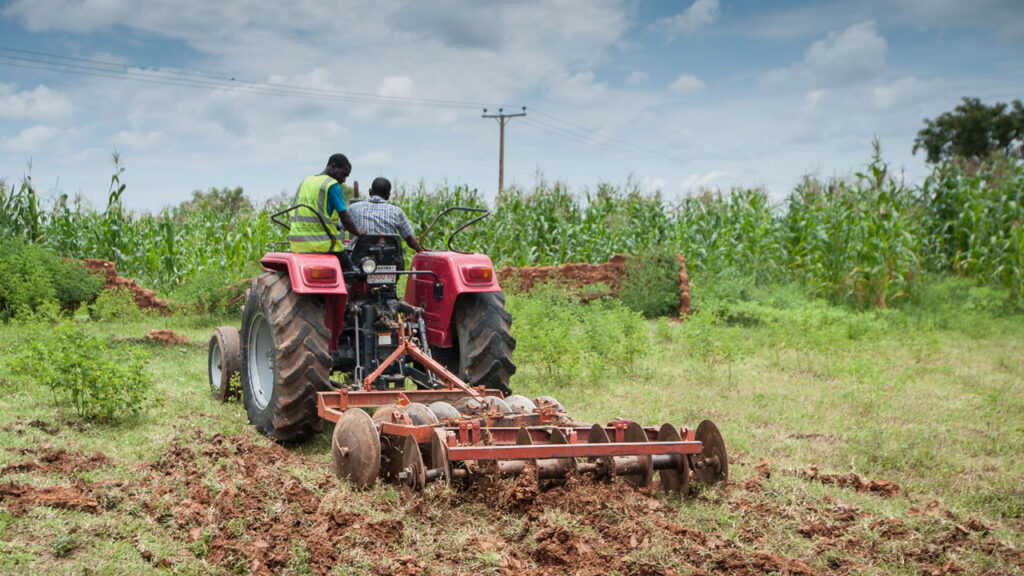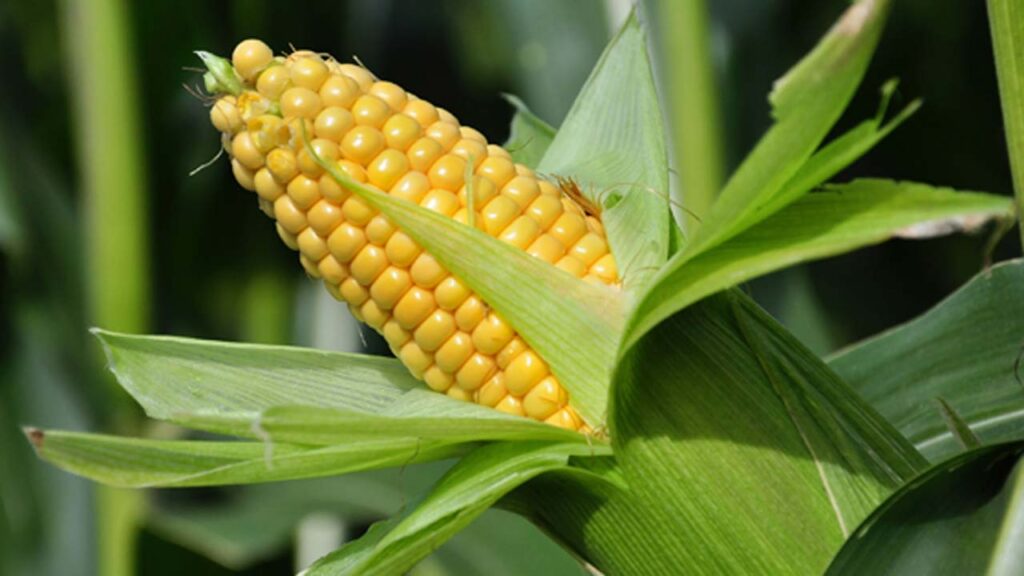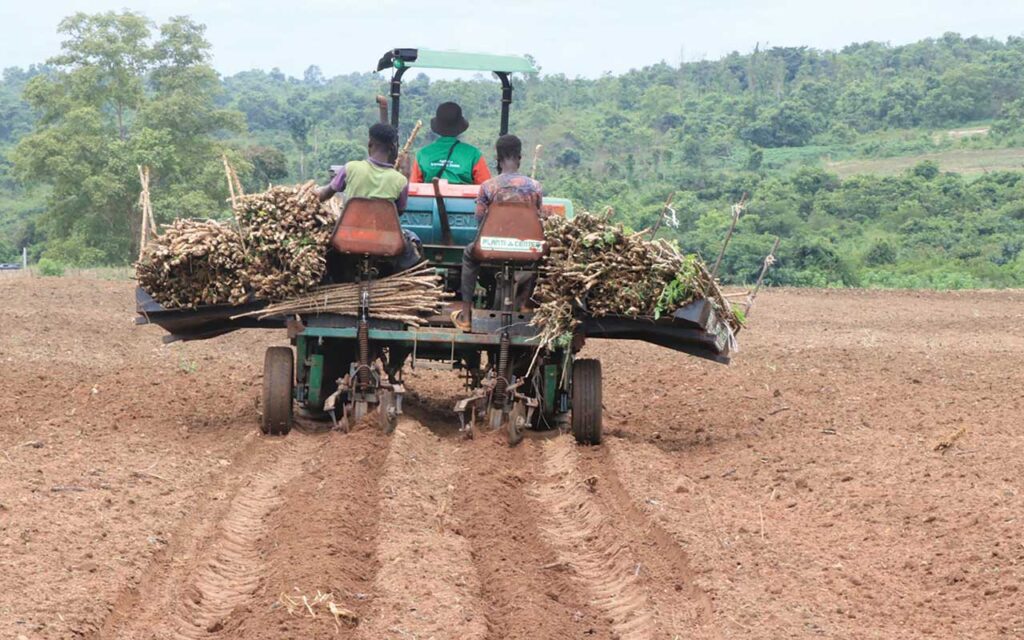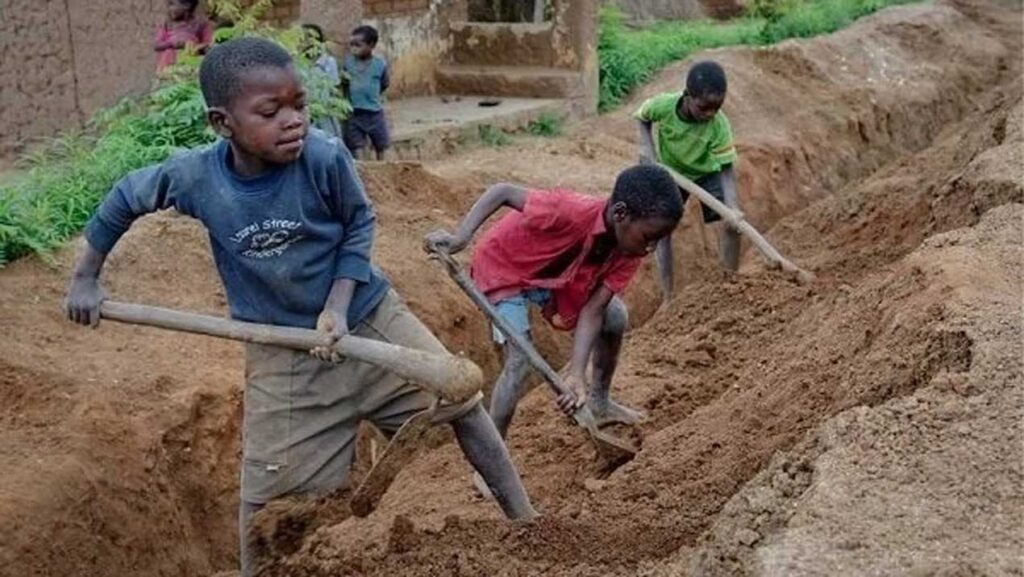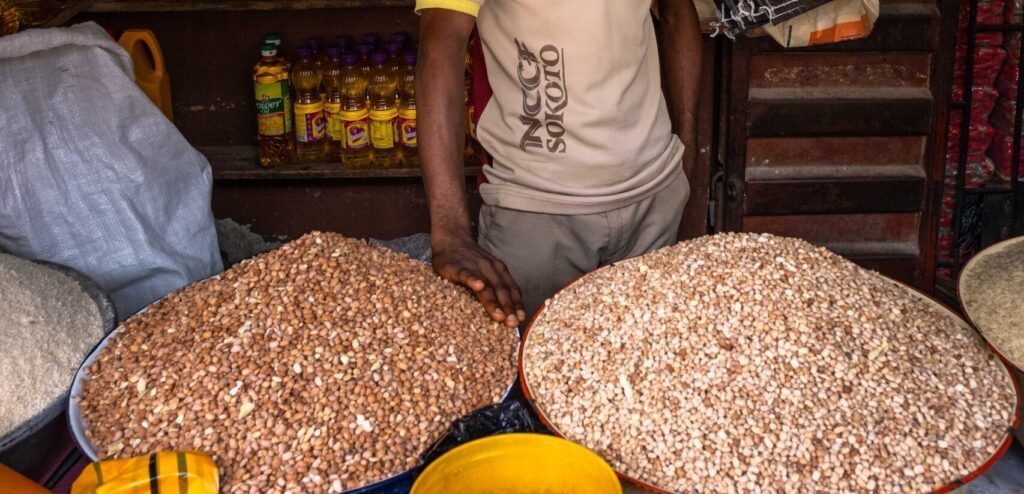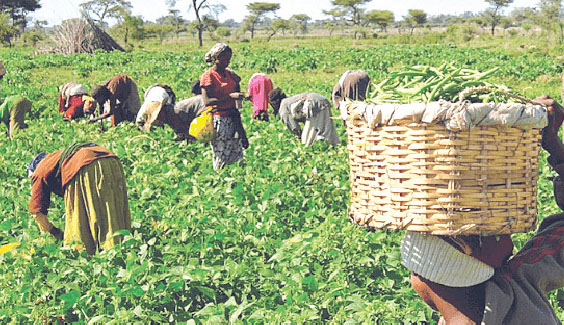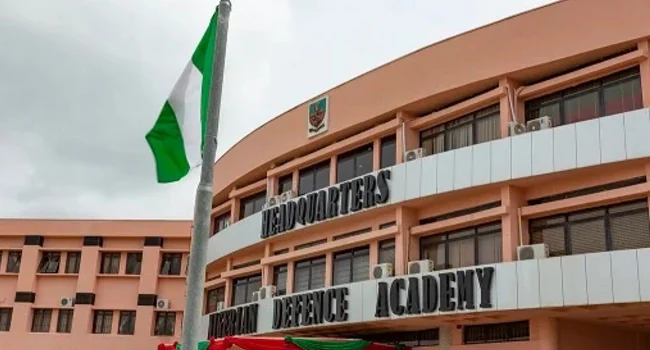
As the new planting season commences across the country, the late arrival of rain is sending a shiver down the spine of majority of the farmers.
Normally, in Nigeria, rain starts in March, signaling a new planting season for regular farmers who have no means of irrigating their farms when the rain is off, but the late arrival of the rain this year, is a pointer to a bleak planting season if the postulation of farmers is anything to go by.
Currently, farmers are raising fears on the possibility of delayed planting, fears of deteriorating yields and the uncertainty that comes with shifting weather patterns in the country.
The Executive Secretary, Produce Export Development Alliance (formerly AFGEAN), Aiyeola Adetiloye, who said the situation is worryingly quiet, noted that agriculture is not about crops, but about food on the tables.
He said higher cost of food, reduced availability of food and other consequences of late planting, will take a toll on food availability, if the situation is not addressed, especially for those already struggling.
He said: “This is a very concerning situation with serious implications for our food security. A delayed start to the planting season shortens the growing time for staple crops, which means we might be looking at reduced yields and this is not the time for us as a nation to be experiencing reduced yields.
“If our domestic production is reduced, we may be forced to import more food to meet demand, putting a burden on our foreign exchange reserves. Historically, our rainy season patterns have been somewhat predictable, so farmers generally have a plan.
“However, weather patterns are changing largely due to the effects of global warming; it is largely bad for the type of agriculture that we practice here. Unfortunately, unless we have an exceptionally productive growing season, we must anticipate significantly and prepare for reduced harvests this year.”
Adetiloye suggested the need for all sector players to support primary food production and post-harvest handling operation, like storage and logistics. “What is the point of producing more and wasting more? We also need to help farmers adapt to planting times, based on reliable forecasts and data and help them access drought-resistant and improved varieties.
“Change is the only constant thing, but lately, that change is accelerating.”
The CEO of Oreka Farms Limited, Ogun State, Ruth Suberu, who lamented that 2023 was one difficult year for farmers due to the fuel subsidy removal, which led to increasing cost of inputs, and rise in the price of logistics, said the current situation might worsen food security in the country.
“Just when we thought we have seen it all, that it cannot get any worse, then 2024 ushered farmers into a more discouraging situation. It started with fuel price increase, which makes it difficult for dry season farmers to cope as we need fuel to power water pumps and generator set to irrigate our crops. C
“What about increase in the price of farm inputs, almost all the farm inputs have increase with over 150 per cent, there is scarcity of labour, those in the rural communities we hire to work on the farm either want to live in the urban areas/city or want to get rich quick through dubious means, yearly workers that come into the country from neighbouring countries are not available as a result of the devaluation of our currency, even the few that are available are not willing to work.
“The fuel price hike, led to the increase in the price of everything in the market, it also affected the movement of produce to the market, we now pay double to move produce.
“If we continue with the late planting, caused by the late rain, fewer farmers will cultivate this year, there will be more food shortage leading to more increase in the prices of food commodities, more hunger, more poverty, more crime, more insecurity,” she said.


